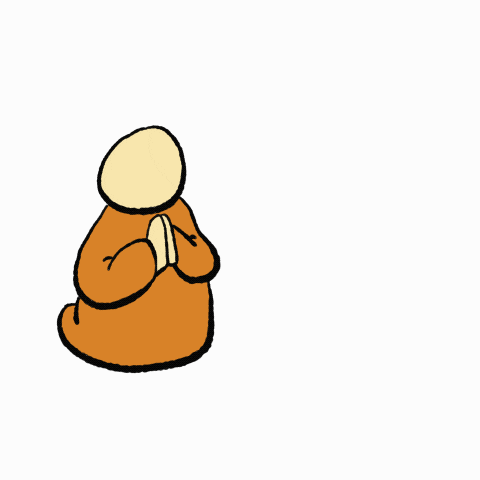
|

|
What is Confucianism?
A philosophy from 2,500 years ago that heavily influenced East Asian culture.
Unfortunately, it is extremely outdated and advocates blind obedience, a form of social slavery, and creates toxicity to the nth degree. People use this philosophy to justify child abuse and psychological torment.
Confucianism promotes the stratification of society into different castes, forcing them to know their place in society and be slaves to the higher-ups, even if the higher-ups are wrong. Also, promotes extreme conservatism.
Basically, the kids are owned by the mother, who is then owned by the father, who is then owned by his superior, and they have to act like slaves according to their place in the caste. Not to mention it creates tons of paranoia if the person does something that's perceived as stepping out of line.
Confucianism is terrible
Confucianism - meme gif

Confucianism - video
Confucianism - what is it?
the teacher and student learned through "psyfuck confucianism"
What does "Confucianism" mean?
one of the wierdest cultures in the world, discovered by those damn overpacked asian's
Confucianism is too fucking peaceful
Confucianism - what does it mean?
The ethical system of Confucius, the Chinese philosopher and teacher of ethics (551-479 BCE), emphasizing moral order, the humanity and virtue of China's ancient rulers, and gentlemanly education. Confucius was born Kong Zhong-ni, in the shih (knight) class in the state of Lu about 551 BCE. Most biographical information derives from the Analects, which are the collected sayings of the Master. Confucius aspired to governmental office and there is a tradition he was a minister in the government of Lu for a time. Confucius special goal in life was to restore the culture and tradition of China to the ideal set forth in the time of the Duke of Zhou. He saw himself as transmitting ancient tradition, not innovating new ideas. His efforts were not appreciated and he was consistently rebuffed in attempts to gain more important offices he felt were his due. So Confucius turned to education to achieve his goals setting up a school to train disciples in his ideals. Perhaps because of the trials of his youth, Confucius never turned his back on the common man and no pupil, no matter how poor was turned away from the school. Though he had a full life teaching in Lu and seeing his students gain high public office, by his 50s Confucius became irritated at the lack of progress in moral reform and disillusioned by the lack of public moral leadership in the ruling class. He decided to travel to other states and try and educate other rulers and find a way to put his principles into practice.
While he was well received and offered responsible positions in other states, he never found anyone with the moral commitment to restore the Zhou society. After a decade of wandering, Confucius, now nearly 70, returned to Lu. Outwardly, he felt that he had failed, for no ruler adopted his practices and he had not attained a significant office from which to effect change. Nevertheless, his wanderings as the gathered and trained pupils sowed the seeds of future change, as these disciples would fan out across China to carry his message and transform society. The heart of Confucian scripture has always been the Five Classics. As they finally took shape in a later era, these included: The Classic of History (Shujing), recording the words and actions of the sage-rulers from the ancient, prehistoric Yao period to the early Zhou period; The Classic of Poetry (Shijing), some 300 poems mostly from early Zhou times exemplifying moral virtue and poetic beauty; The Classic of Changes (Yinjing), a book of divination with explanations and commentary explaining the patterns of the universe; The Classic of Rites (Lijing) the detailed account of the rituals and ceremonies of the sage-kings and their meaning and significance, plus philosophical teaching; and The Spring and Autumn Annals (Chunqiu) recording events in Lu 722-481 BCE with commentaries. Apparently a sixth classic, the Classic of Music was lost. The Confucianism path of transformation is based on these texts.